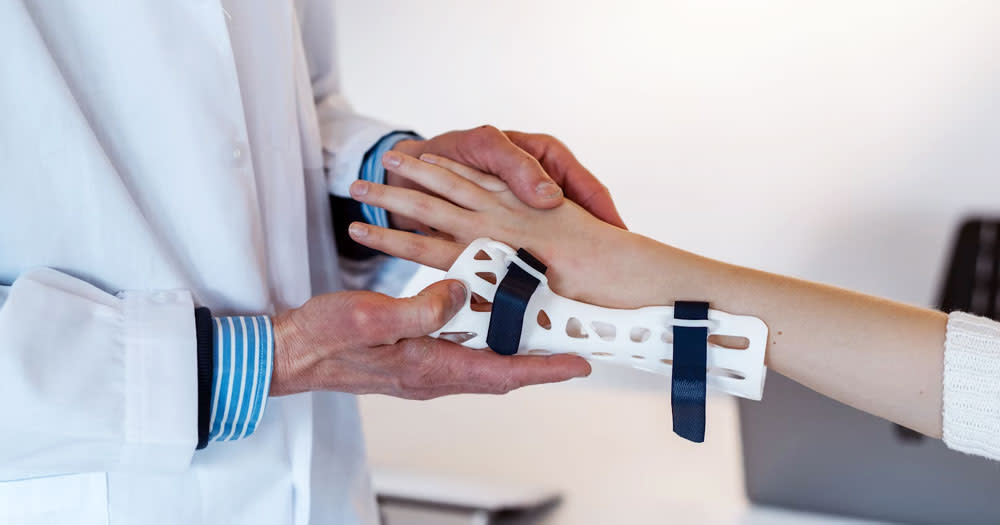Positive attitudes towards LGBTQ+ young people among healthcare professionals in Ireland, new study finds

A new study conducted by researchers at Trinity College, Dublin, has revealed that the majority of Irish healthcare professionals in Paediatric Emergency Departments (PEDs) have a positive attitude towards LGBTQ+ young people.
The survey, which represents the first time that competence in caring for LGBTQ+ patients has been assessed among Paediatric Emergency Medicine practitioners in Ireland, also found that many of the respondents felt less confident when it came to treating specific LGBTQ+ related health issues.
In the report, researchers cited several reasons behind conducting the survey. According to a national report by Jigsaw, 13% of young people under the age of 23 identify as LGBTQ+. Coupled with this, as many as three quarters of LGBTQ+ people feel that healthcare providers lack knowledge and sensitivity to queer issues, with 20% seeking LGBTQ+ friendly clinicians due to negative experiences.
The study, which took into account the self-assessed responses of 71 eligible doctors and nurses, was conducted across three PEDs and one urgent care centre pertaining to the Children’s Health Ireland healthcare group.
Speaking on the importance of the research, Eilísh Hardiman, Chief Executive of the group, said, “As the first report into competence in caring for LGBTQ+ patients in Paediatric Emergency Medicine, this research will play an important part in our ongoing development of services for our LGBTQ+ patients in Children’s Health Ireland at Crumlin, Temple Street, Tallaght and Connolly Hospitals.”
Highlighting one of the initiatives already in place, she continued: “Of particular note in the report is that patients are actively seeking LGBTQ+ friendly clinicians. Our Rainbow Badge initiative gives staff a way to show that Children’s Health Ireland offers open, non-judgmental and inclusive care for children, young people and their families who identify as LGBTQ+ and is one of the ways we aim to make a positive difference by promoting a message of inclusion.”
Professor Agnes Higgins, a leading national expert on the health needs of LGBTQ+ people and the lead advisor on the study, said, “Healthcare practitioners who work from a position of inclusivity can make a significant impact on the lives of young LGBTQ+ who continue to face significant social stigmatization, discrimination, and marginalization. This study is an important first step in opening a national conversation about the education of PED staff in caring for LGBTQ+ young people.”
As well as reporting a lack of knowledge and ‘clinical preparedness’ on LGBTQ+ related healthcare issues, participants identified that they were least confident in caring for transgender patients and scored very low when asked if they had received adequate training in caring for transgender young people.
Study lead Dr Dani Hall, a consultant in Paediatric Emergency Medicine at Crumlin and Associate Clinical Professor, said, “It’s extremely encouraging to see such positive attitudes in our PED staff. However, the lack of formal education historically for healthcare professionals has led to a knowledge gap and lack of clinical preparedness, which in turn may lead to negative encounters with LGBTQ+ young people, despite our best intentions.”
Dr Hall concluded, “We need formal training at both undergraduate and postgraduate levels to close this gap. The results from this study have formed the baseline for research into the impact of different educational interventions in improving clinical skills.”
The post Positive attitudes towards LGBTQ+ young people among healthcare professionals in Ireland, new study finds appeared first on GCN.

 Yahoo News
Yahoo News 
